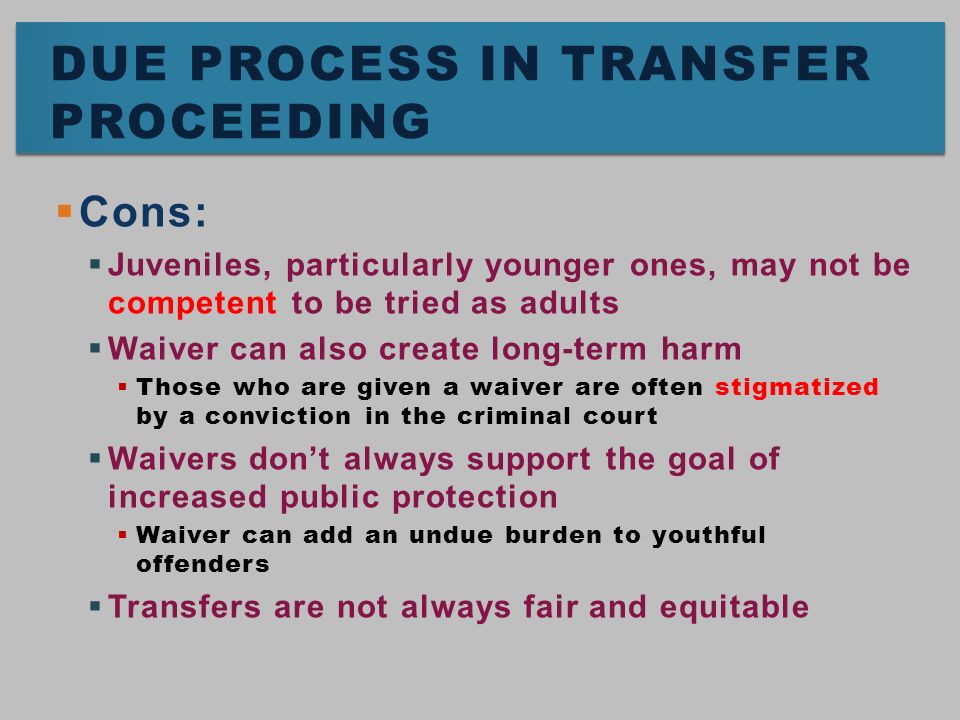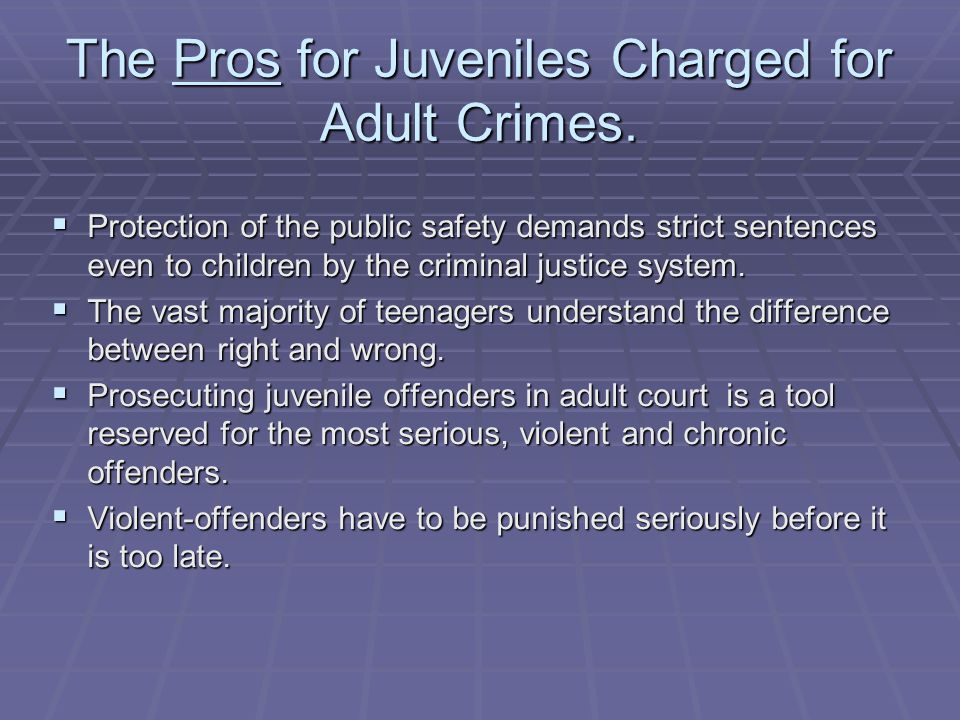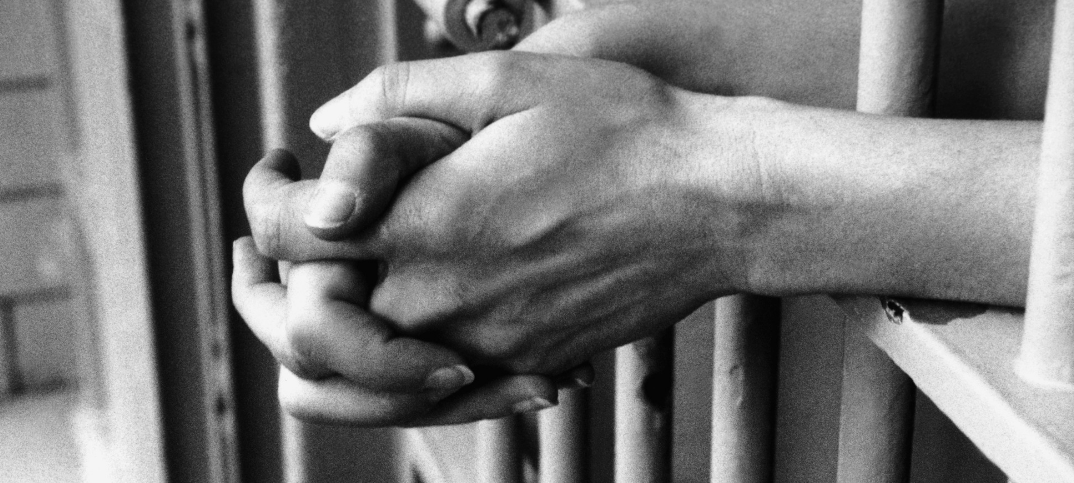- Juveniles Being Charged As Adults Pros And Cons School Uniforms
- Juveniles Being Charged As Adults Pros And Cons Owning
- Juveniles Being Charged As Adults Pros And Cons Social



Juveniles Being Charged As Adults Pros And Cons School Uniforms
- Cons of Juveniles Being Tried As Adults. Put Young Offenders At High Risk. One of the biggest problems of a young offender being tried as an adult is the fact that they could possibly be sent to an adult correctional facility. This is a very dangerous situation, especially if they are very young.
- When you are being tried as a minor you do not appear before a jury. You do get that right when you are being tried as an adult. Most juries are actually more in favor of the minor because he/she is just a child. If you think being tried as an adult will be harder for the minor to be found innocent you are wrong.
- Juveniles being tried as adults. The first point I will present are the pros and cons of trying juveniles as adults. Second, I will present the pros and cons of trying juveniles as juveniles. Third, I will present an article that is against juveniles being charged as adults. Fourth, I will talk about my personal connection.
- Now back to the article, 'Should Juveniles be Tried as Adults Pros and Cons,' The cons had a lot to say just like the pros of trying a child as an adult. One of the cons counters the pro because it states that usually there are not opportunities that are given to the juveniles to have rehabilitation.

Juveniles Being Charged As Adults Pros And Cons Owning
It may not be possible to come up with a bright line rule defining the age at which a child can be tried as an adult. It should depend on a case-by-case analysis based on the child's age and other.
Juveniles Being Charged As Adults Pros And Cons Social
Should Juveniles be Tried as Adults? In 1998, 15-year-old Jose, and his teenage friend, were arrested for murdering a Mexican immigrant. Though facts demonstrated that Jose played a lesser role in the assault and attempted to help the victim, he was tried in adult court with involuntary manslaughter even at a young age. This incident, as well as many related cases across the country, make aware of the incessant question, to what extent should we try juveniles as adults? To shed light into this debate, the Supreme Court has made actions demonstrating its point of view. Over the years, the Supreme Court has gradually ruled in many cases to give greater rights to juveniles charged with crime. In 1966, through Kent v United States, the Supreme…show more content…
As Paul Thompson, an assistant professor of neurology in UCLA investigated, children experience a drastic reshaping of the brain during their adolescent years, yet the frontal lobe, which inhibits our violent and rash instincts, is still vastly immature during our teens. Without a full understanding of the wrongs they commit, teenagers are prone to act “stupid”, however, since they are in the middle of change, their “stupid actions” should in no way concretely define the person they are. In fact, as Paul Thompson points out, “teens need all the help they can get to steer their development onto the right path”. The juvenile justice system should exactly be doing that, as opposed to being blinded by a phase that every human being goes through. In reality, cases have proven Thompson’s point. For example, after Jacob Ind, committed the commonly heinous-perceived crime of murdering his mother and stepfather, he recounted his feelings of thinking he wasn’t in trouble at all. Quite literally taking on arms to end his sexual abuse from his stepfather, he felt like ending their lives were no big deal, and was more worried about the pot he had hidden in his bedroom than being convicted for murder. In his interview, Jacob states that he has only now feel regret for his actions, proving that he, and other children at his age, have not fully grasped the permanency of death. In imprisoning him for life, the juvenile system has done a deed similar to encaging the mentally incapable for life. Furthermore, the criteria for judging the capability of teenage minds are often hypocritical and contradictory: Teenagers are forbidden to drive other teenagers on the grounds that they are unable to concentrate, yet in the courtroom, teenagers are often suddenly deemed able to not only concentrate, but also
As Paul Thompson, an assistant professor of neurology in UCLA investigated, children experience a drastic reshaping of the brain during their adolescent years, yet the frontal lobe, which inhibits our violent and rash instincts, is still vastly immature during our teens. Without a full understanding of the wrongs they commit, teenagers are prone to act “stupid”, however, since they are in the middle of change, their “stupid actions” should in no way concretely define the person they are. In fact, as Paul Thompson points out, “teens need all the help they can get to steer their development onto the right path”. The juvenile justice system should exactly be doing that, as opposed to being blinded by a phase that every human being goes through. In reality, cases have proven Thompson’s point. For example, after Jacob Ind, committed the commonly heinous-perceived crime of murdering his mother and stepfather, he recounted his feelings of thinking he wasn’t in trouble at all. Quite literally taking on arms to end his sexual abuse from his stepfather, he felt like ending their lives were no big deal, and was more worried about the pot he had hidden in his bedroom than being convicted for murder. In his interview, Jacob states that he has only now feel regret for his actions, proving that he, and other children at his age, have not fully grasped the permanency of death. In imprisoning him for life, the juvenile system has done a deed similar to encaging the mentally incapable for life. Furthermore, the criteria for judging the capability of teenage minds are often hypocritical and contradictory: Teenagers are forbidden to drive other teenagers on the grounds that they are unable to concentrate, yet in the courtroom, teenagers are often suddenly deemed able to not only concentrate, but also
